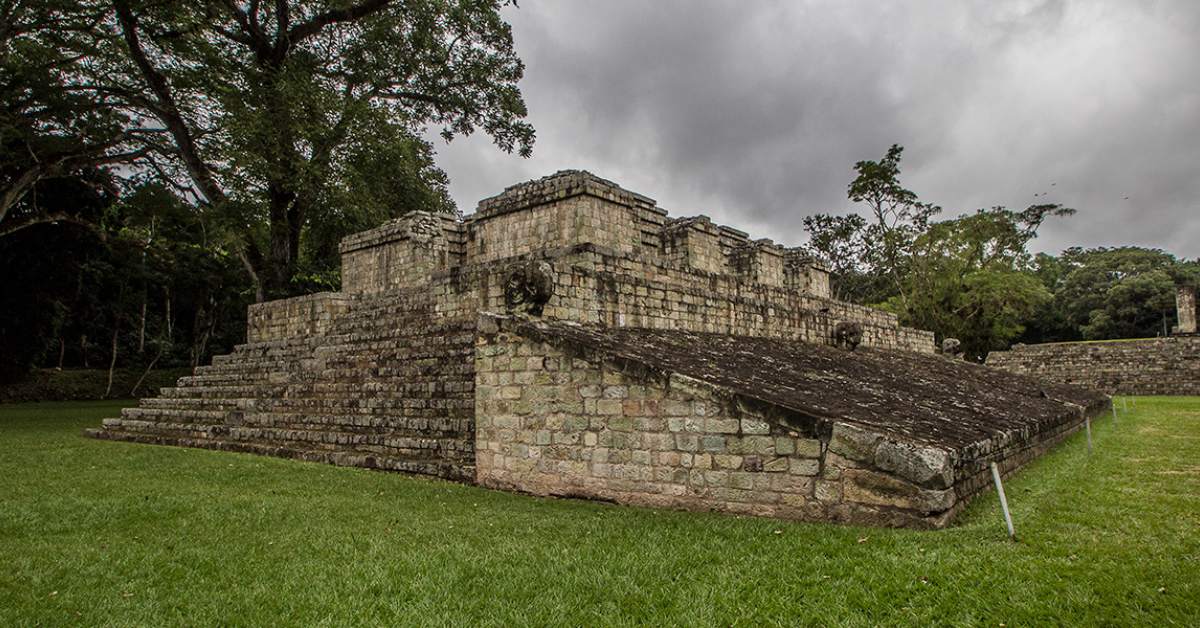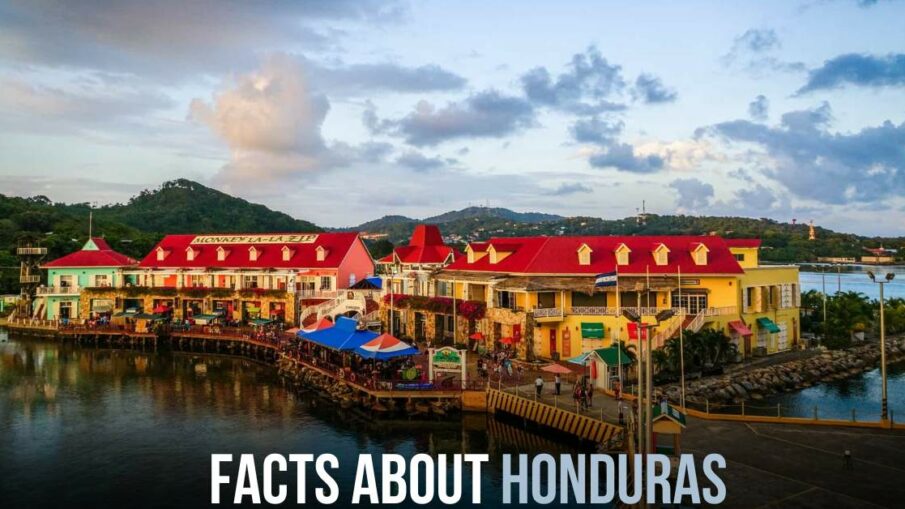Honduras, located in Central America, is a country rich in history, culture, and natural beauty. While it may not always be in the international spotlight, Honduras boasts a unique blend of ancient civilizations, diverse wildlife, and intriguing traditions.
In this article, we delve into seven fascinating facts about Honduras that shed light on its remarkable heritage and distinctive features.
1. Ancient Maya Civilization: The Legacy of Copán

Honduras was once home to several influential Mesoamerican cultures, including the Maya civilization. The UNESCO World Heritage Site, Copán, stands as a testament to the Mayan legacy. This ancient city thrived between AD 426 and 820, serving as a political, civil, and religious hub in the Copán valley.
Although it was discovered by Diego García de Palacio in 1570, excavation efforts didn’t commence until the 19th century. Visitors today can explore the intricate ruins, public squares, and ceremonial plazas that once formed the heart of this ancient metropolis.
2. The Sacred Scarlet Macaw: Honduras’ National Bird
Honduras is a paradise for bird enthusiasts, boasting over 700 bird species. Among them, the Scarlet Macaw (Ara macao) stands as the national bird of Honduras, distinguished by its vibrant red, blue, and yellow plumage.
These magnificent birds find sanctuary in the pine forests of Gracias a Dios, making them a symbol of the country. Sadly, their population is dwindling due to poaching, with many scarlet macaws becoming sought-after pets on the international market. Efforts to protect these birds are crucial, as they contribute to the biodiversity of the region.
3. Smoking Ban in Private Homes: A Unique Regulation
In 2011, Honduras implemented a groundbreaking law prohibiting smoking in both public and private spaces.
While it remains legal to smoke in one’s own home, complaints from visitors or family members can lead to police visits and substantial fines, equivalent to the monthly minimum wage in Honduras. Smokers in open areas are also required to maintain a distance of at least 1.8 meters from non-smokers.
This strict stance on smoking aims to combat smoking-related diseases, with health authorities emphasizing the significant costs incurred in fighting these illnesses.
4. The Origin of the Term “Banana Republic”
Honduras played a pivotal role in popularizing the term “Banana Republic.” Coined by American writer O. Henry in 1904, it describes a politically unstable country dependent on exporting a single resource.
The stereotype of a “banana republic” emerged in the early 20th century when American businessman Sam Zemurray orchestrated a coup in Honduras in 1911, overthrowing President Miguel Dávila. This event marked the country’s economic dependence on banana exports. By 1929, Honduras was the world’s leading banana exporter, cementing its association with the term.
5. Comayagua Cathedral: Home to One of the Oldest Clocks
Built-in 1634, the Comayagua Cathedral, also known as the Immaculate Conception Cathedral, ranks among the oldest cathedrals in Central America. It proudly houses one of the oldest clocks in the world, dating back to around 1100 AD, crafted by the Moors.
The clock’s history includes legends of royal gifting and contributions by significant figures. To this day, it requires daily winding and chimes at quarter-hour intervals, preserving a piece of Honduras’ historical heritage.
6. Bats Galore: Honduras’ Mammal Diversity
Honduras boasts a remarkable diversity of bats, constituting over half of the country’s mammal species.
Most of these bats inhabit protected habitats, contributing to the nation’s rich biodiversity. Among the intriguing bat species is the adorable Honduran White Bat, characterized by its small size, measuring between 3.7 to 4.7 cm, and distinct orange ears, faces, noses, and wings.
7. The Football War: A Historical Sporting Conflict
In July 1969, a unique conflict known as the “Football War” erupted on the Honduras-El Salvador border, triggered by a football match between the two nations. While the match served as the catalyst, deeper tensions related to illegal migration were the underlying cause.
Honduras won the first match, but the series of games escalated hostilities. Spectators at the second game displayed hostility, and the El Salvadoran army subsequently bombed targets in Honduras. After three days, the Organization of American States (OAS) negotiated a ceasefire. This historical event, though rooted in football, highlighted broader issues in the region.
Conclusion
Honduras’ tapestry of history, culture, and natural wonders makes it a captivating destination. From the ancient Maya ruins of Copán to the conservation of the Scarlet Macaw, Honduras offers a diverse array of experiences and stories that continue to shape its identity. Whether


Leave a Reply